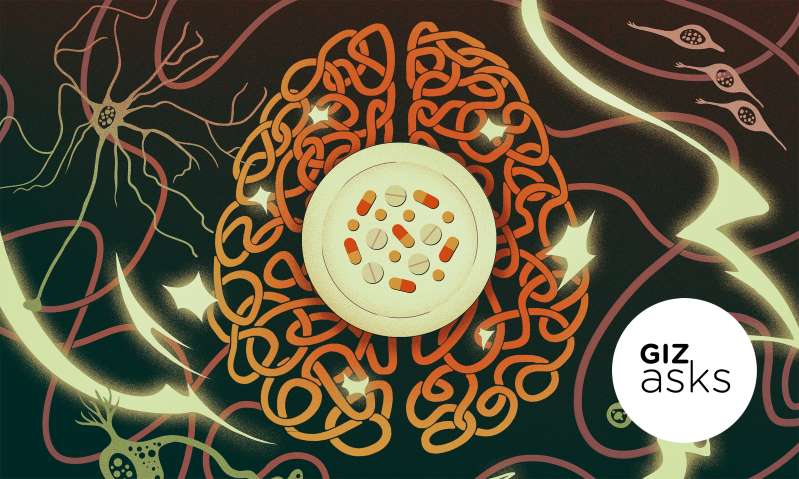Nature Knows and Psionic Success
God provides
Do Smart Drugs Work?

If you’re looking to make your brain work better, you have plenty of options. You can start sleeping better, invest in a juicer, spend time at a decent gym. Or—if you’re pressed for time—you can pop a bunch of pills. Amphetamine, in the form of Adderall, has been wiring people for years, as have Ritalin and newer drugs like Vyvanse and Provigil, each with their own special set of side effects. All of these drugs require a prescription, which does somewhat limit access to them. But in recent years, fuelled by the fervor of enhancement-obsessed online communities and an economic arrangement that incentivizes a perma-primed brain, a whole new class of nootropics has come to wider attention: some of these nootropics, like the class of drugs known as racetams, can be bought in many gas stations. The question hanging over all of these drugs—prescribed and over-the-counter—is: do they actually work? And if they do work, what (and who) do they work for? For this week’s Giz Asks, we’ve reached out to a number of experts to find out. Senior Lecturer in Transdisciplinary Innovation at University of Technology Sydney and Honorary Fellow in Philosophy at Macquarie University Smart drugs work, and many people use them. I do not mean the ones you purchase from an online store that claims to be based in Silicon Valley, with cringe-worthy names like Startup HD or Turbo Snort. Don’t waste your money. Forget the fake “nootropic stacks,” the phenylpiracetams, and other pretenders which carry labels with words like “nootropic,” “cognitive enhancement,” “smart drug,” and so on. There is little or no good evidence that any of those products work. They are money-making schemes. No solid, replicated scientific studies support their claims. When I say that smart drugs work, I’m talking about the real deal: […]
Click here to view full article
